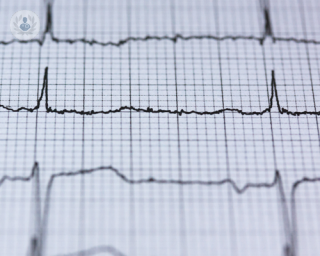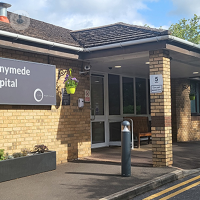Cardiac arrest
Professor Mark Gallagher - Cardiology
Created on: 11-05-2019
Updated on: 10-11-2023
Edited by: Karolyn Judge
What is cardiac arrest?
Cardiac arrest is when the heart suddenly stops beating. This means that blood is no longer being pumped around the body, which prevents oxygen from reaching the brain. Cardiac arrest is very serious and if the heart is not restarted promptly, it quickly results in the death of the individual.
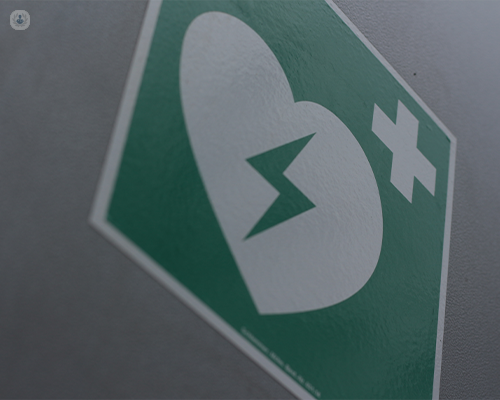
What's the difference between a heart attack and cardiac arrest?
A heart attack is different to cardiac arrest, and while they are emergency heart conditions, they are not the same thing.
Heart attack
A heart attack is when one of the coronary arteries becomes blocked, and blood supply cannot get to the heart.
Cardiac arrest
A cardiac arrest happens when a person's heart stops, which prevents it from pumping blood around their body. A person that's having a heart attack may develop a dangerous heart rhythm, which can cause a cardiac arrest.
What can happen if you have cardiac arrest?
Cardiac arrest means that the heart is no longer pumping blood around the body. The blood carries oxygen needed to keep the body’s tissues alive. Without the heart beating, oxygen cannot reach the brain, causing the individual to lose consciousness, stop breathing, and subsequently die.
What are the warning signs of cardiac arrest?
A sudden cardiac arrest has immediate signs that should be attended to urgently. These are:
- Collapsing suddenly
- No pulse
- Breathing has stopped
Other signs of cardiac arrest include:
- Dizziness
- Syncope (Fainting)
- Shortness of breath
- Wheezing that's unexplained
- Heartbeats that are irregular or rapid
- Heart palpitations
- Chest pain or discomfort
What are the symptoms of cardiac arrest?
Cardiac arrests usually occur suddenly, without prior symptoms. Some people may exhibit signs of cardiac distress, such as chest pain, nausea, and shortness of breath beforehand. The key signs of cardiac arrest are loss of consciousness and abnormal, or lack of, breathing.
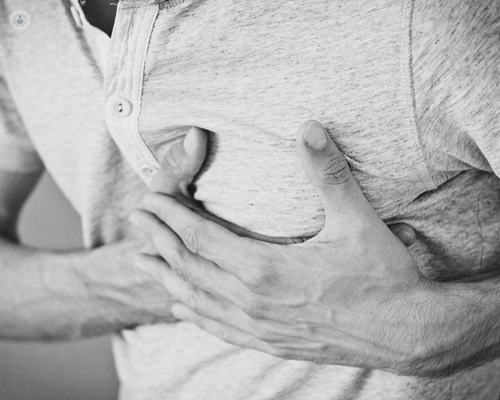
Is cardiac arrest painful?
The warning signs of cardiac arrest can be painful, but patients who have sudden cardiac arrest have reported not remembering anything about the cardiac arrest, including pain.
What are the causes of cardiac arrest?
Cardiac arrest may be caused by one or more of the following:
- Heart attack
- Heart failure
- Coronary artery disease (CAD)
- Major blood loss
- Long QT syndrome
- Cardiomyopathy
- Heart valve disease
- Drug overdose
- Electrocution
Can cardiac arrest be prevented?
The risk of suffering cardiac arrest can be reduced by avoiding drugs and tobacco, moderating alcohol consumption, and generally looking after yourself. A healthy lifestyle with plenty of exercise, a balanced diet, and maintaining a healthy weight can all go a long way to preventing heart attacks and heart diseases, which can lead to cardiac arrest.
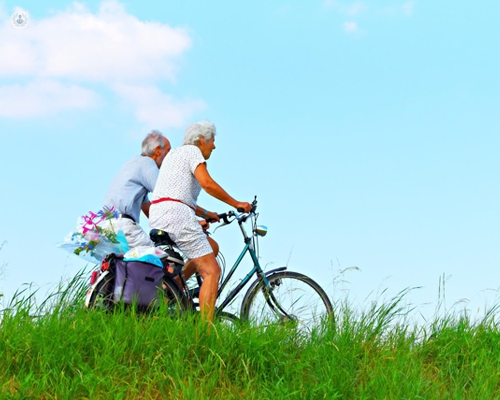
Which type of specialist treats cardiac arrest?
Cardiac arrests are typically treated by paramedics or civilians performing first aid. Paramedics may use a defibrillator to restore the heartbeat.
However, after suffering a cardiac arrest, the patient will likely be seen by a cardiologist, who will diagnose the cause and may recommend a course of treatment to prevent further incidents.



